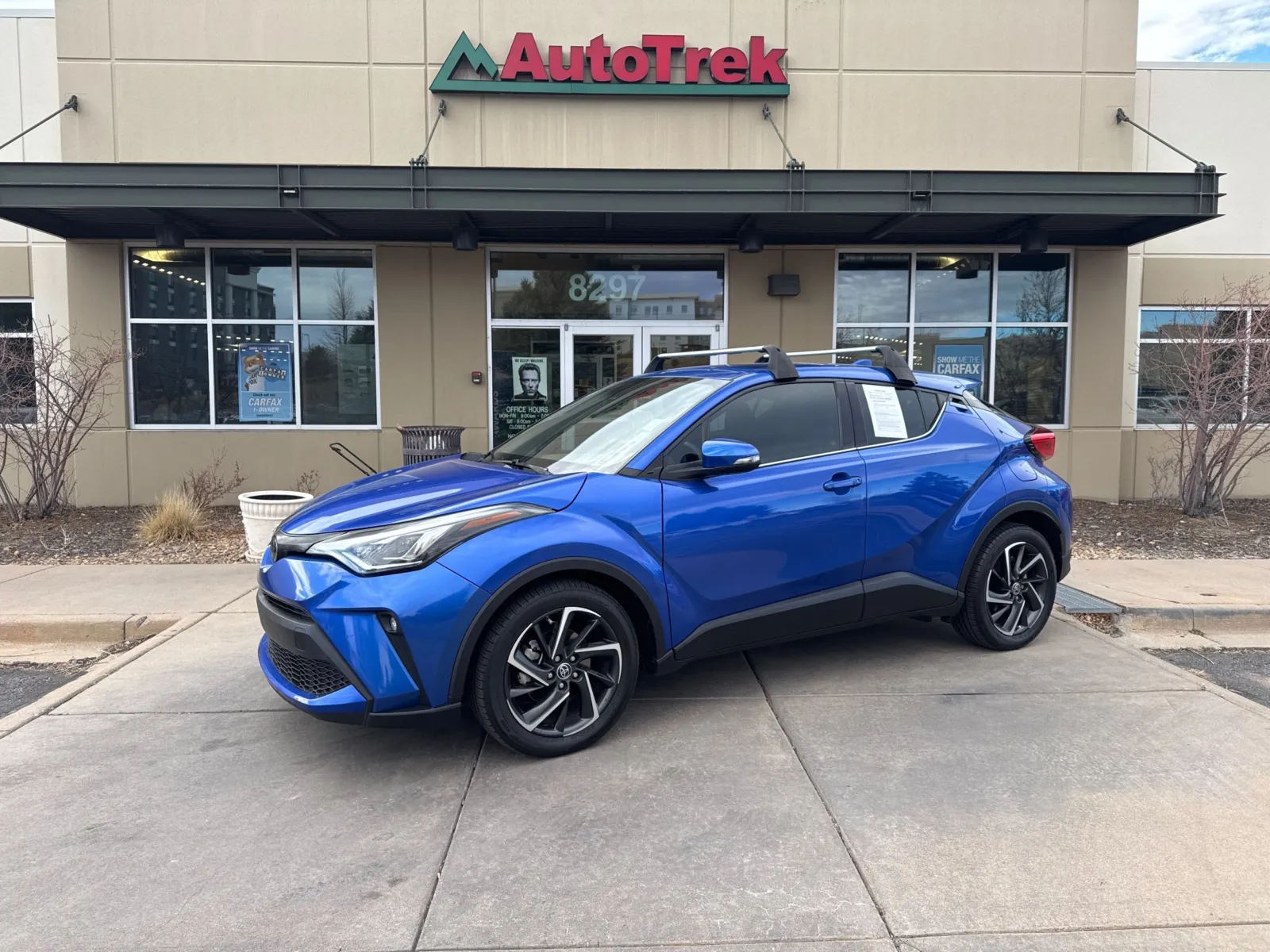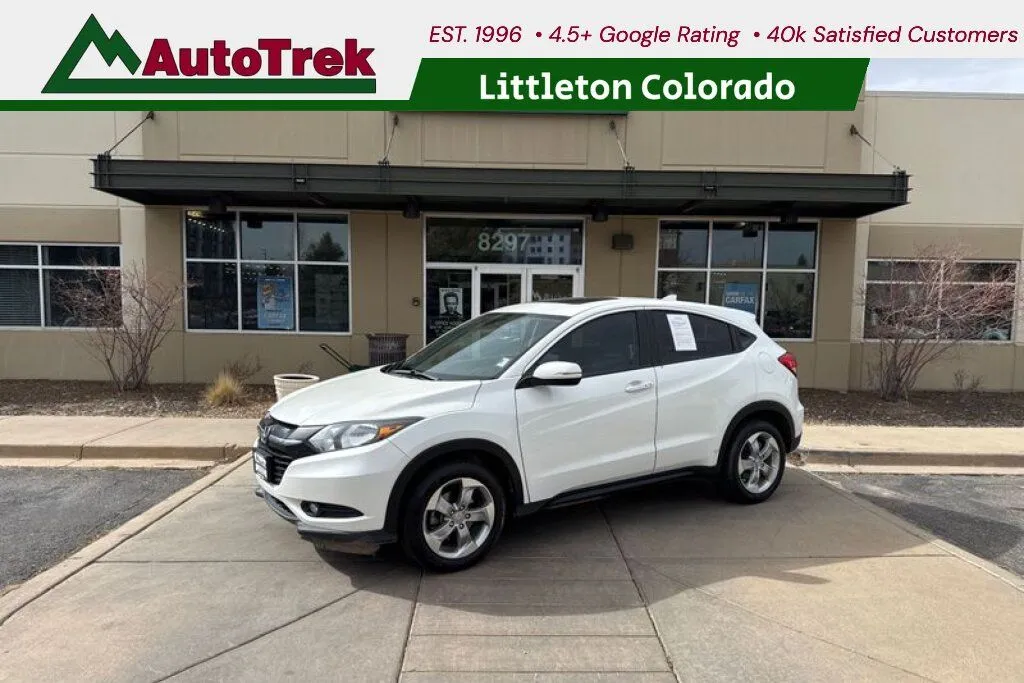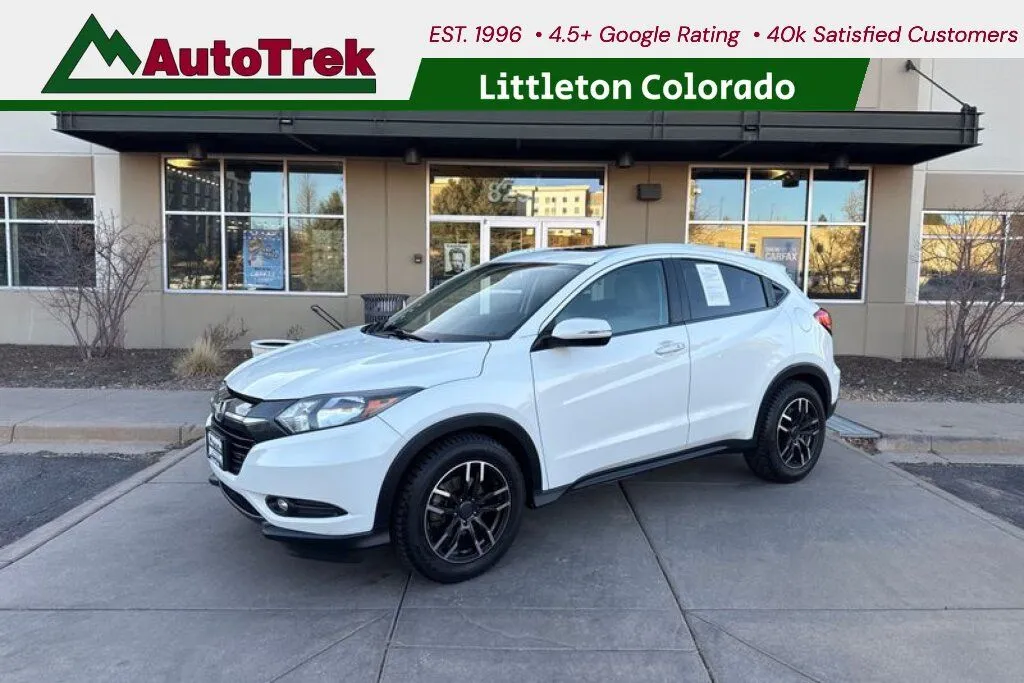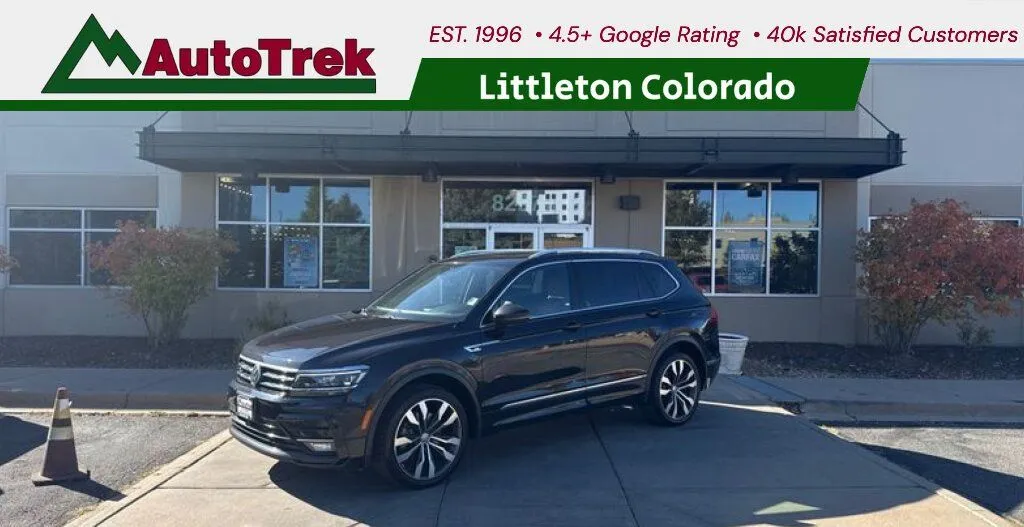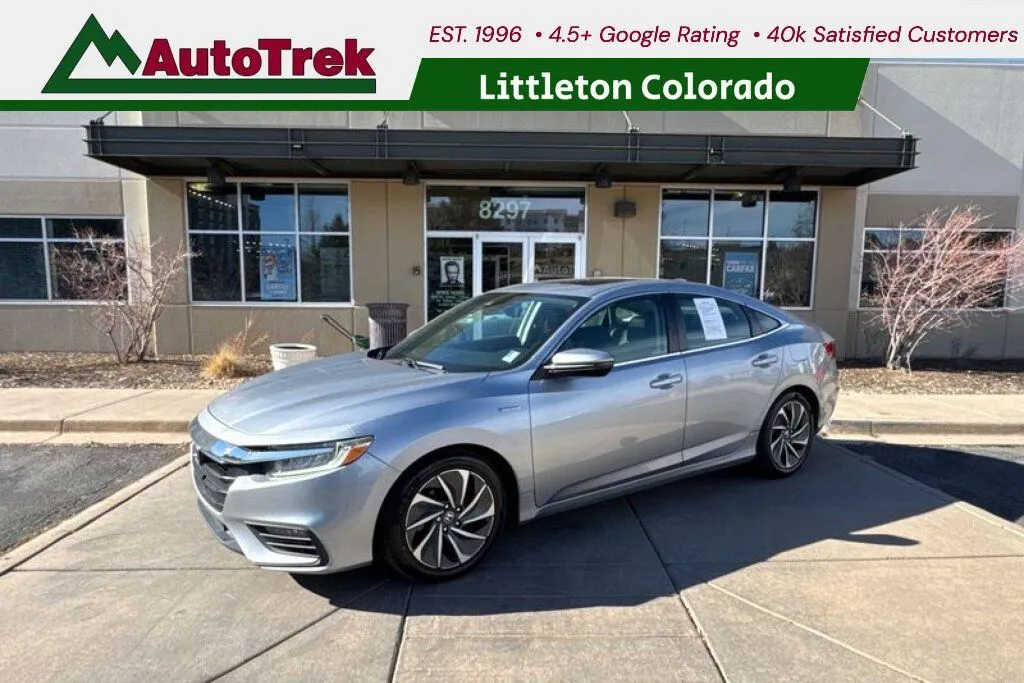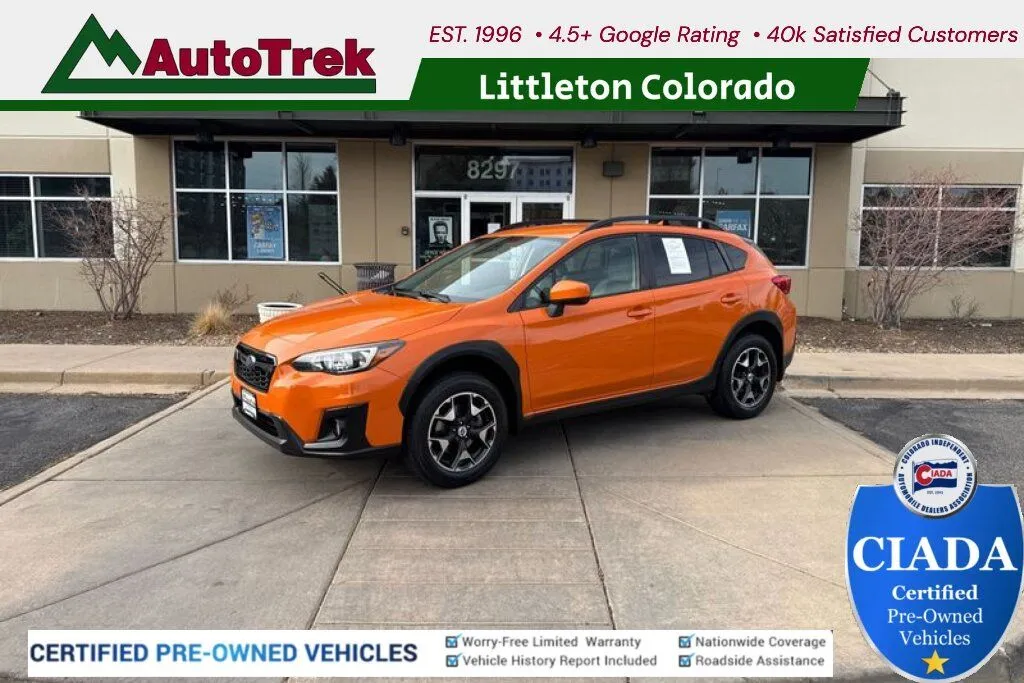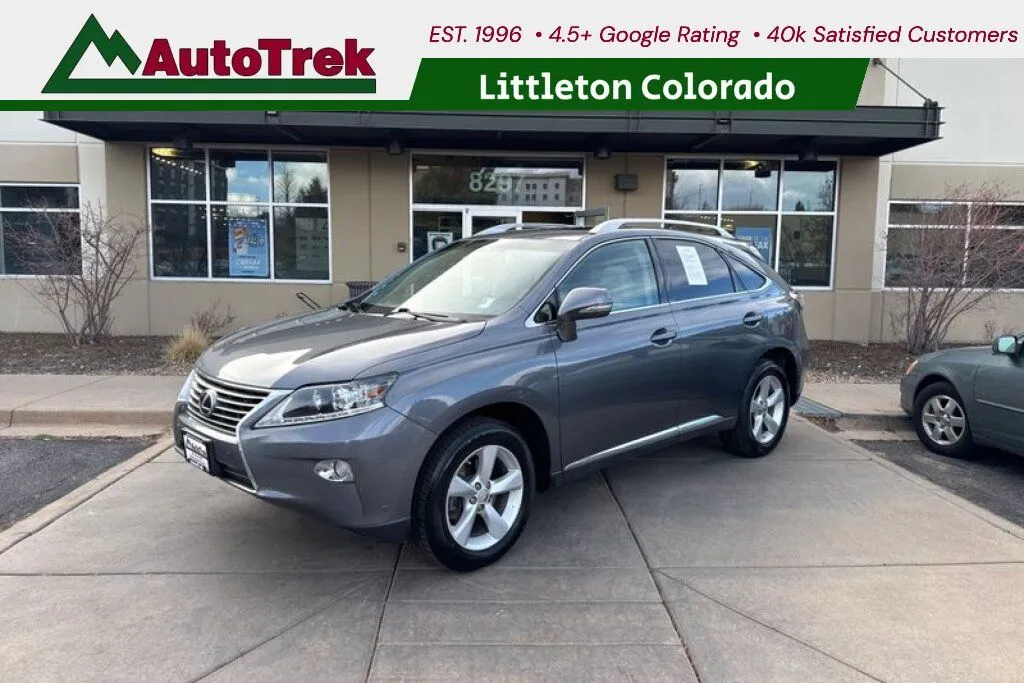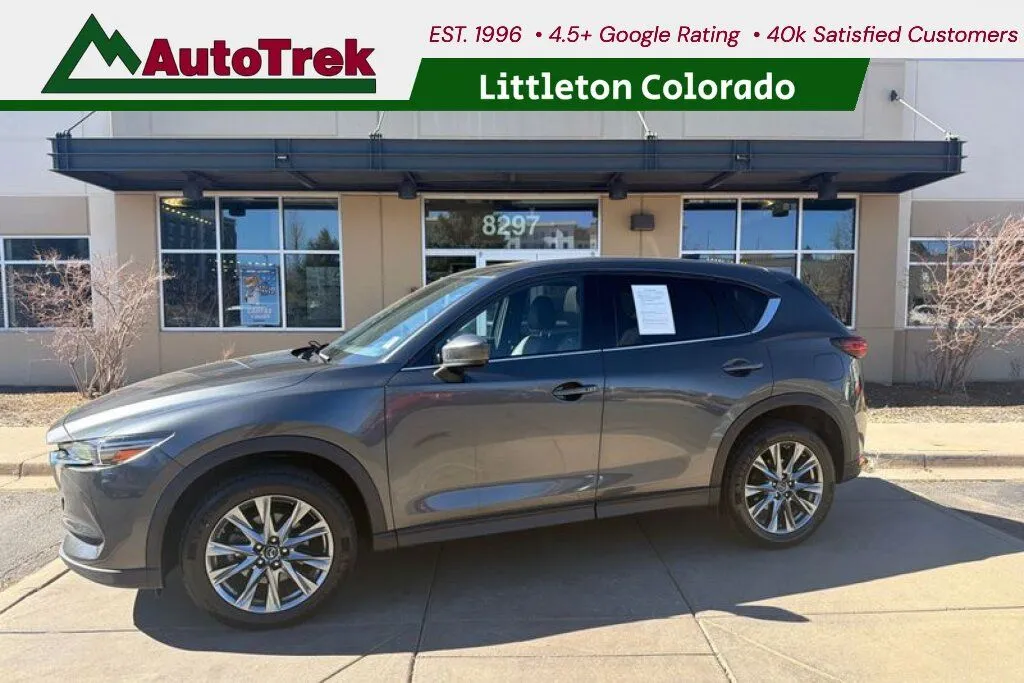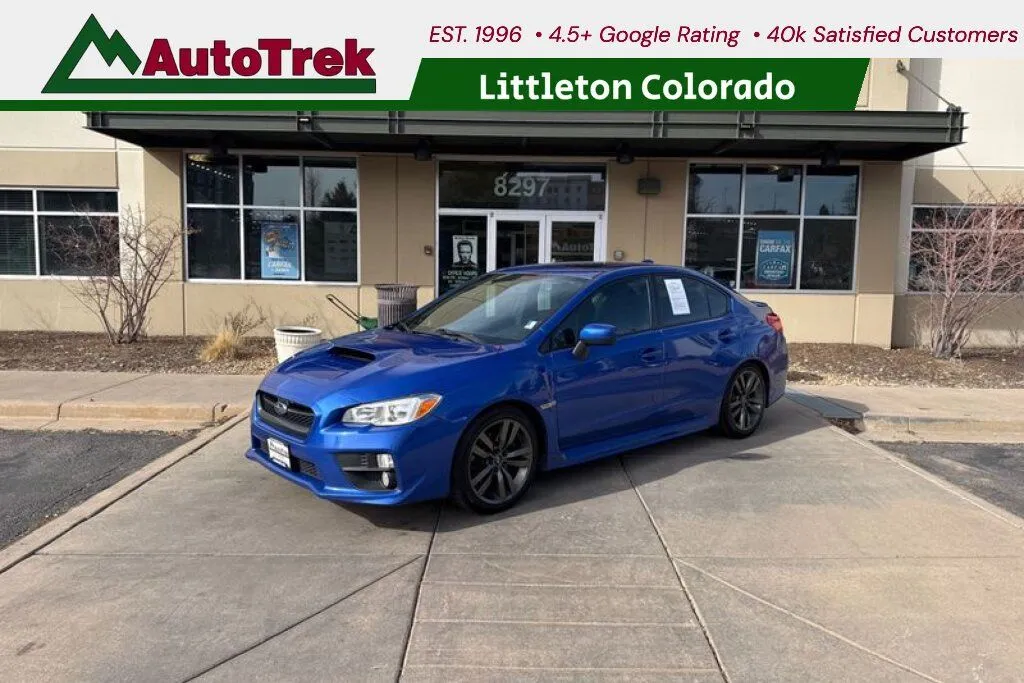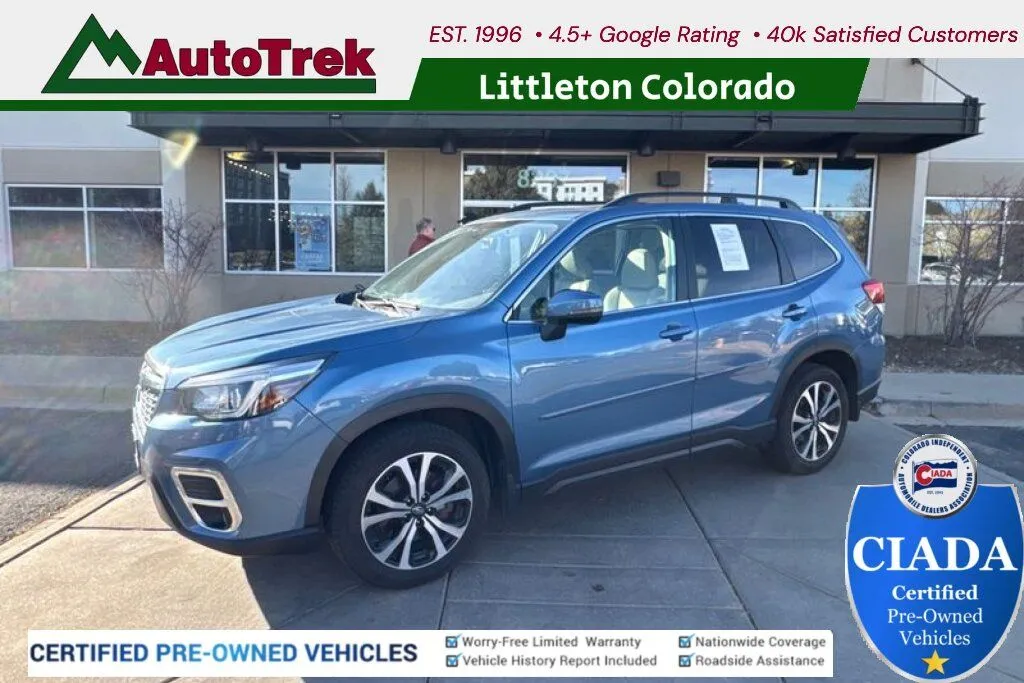What Do You Need To Buy A Car? Paperwork To Bring
Buying a car is an exciting milestone, but before you drive off in your new or used vehicle, it is important to have the right documents. What do you need to buy a car? Whether you are purchasing from a dealership or a private seller, knowing what to bring when buying a car will help ensure the transaction goes smoothly.
Gathering the necessary paperwork in advance streamlines the process and shows that you are a serious and prepared buyer. This article breaks down the six most important documents you will need to bring when buying a car.
Driver’s License: Your First Step
The first document you will need when buying a car is your driver’s license. This is not only a form of identification but also proves that you are legally allowed to operate a vehicle. A valid driver’s license confirms that you meet the legal requirements to drive and is necessary for the dealership to complete the paperwork.
Before you visit a dealership or meet with a private seller, check that your license is valid and up-to-date. If you are financing the car, make sure the name on the license matches the name on the loan application. This document is a critical part of the process, as it establishes your identity and driving eligibility.
For buyers purchasing a used car in Littleton, CO, or anywhere else, your driver’s license will serve as proof that you are authorized to make the purchase. It helps the dealer or seller confirm your identity before moving forward with any contracts or financing agreements.
Proof of Insurance: A Must-Have for Driving Off
Another key document when purchasing a car is proof of insurance. Most dealerships will not allow you to drive off without proof of insurance, as it is required by law. If you are transferring insurance from an old vehicle, ensure that the policy is current and covers the new car.
If you are purchasing a new policy, make sure to bring a copy of the policy or have your insurance agent's contact information on hand.
Insurance is necessary for both new and used cars, and dealerships may even require you to show it before you sign any final agreements. Depending on the car you buy, your insurance rates may vary, so it is wise to speak with your insurer beforehand to understand what your premiums will be.
Having proof of insurance ready speeds up the process and helps ensure that you can drive your new vehicle home on the same day. You will not need to delay your purchase by waiting for your insurance policy to be processed.
Proof of Income: Financing the Purchase
If you plan to finance your vehicle, you will need to provide proof of income. This document helps lenders determine whether you can afford the car loan.
Common forms of proof of income include recent pay stubs, a W-2 form, or tax returns if you are self-employed. Some lenders may also request bank statements if you are applying for financing, so it is best to have these ready in advance.
Proof of income reassures the dealer or lender that you will be able to make the required monthly payments. It is an important part of the financing process because it helps them assess your financial stability. This is particularly important for first-time buyers or anyone who is applying for a loan for the first time.
Without proof of income, the financing process will be delayed, and you may not be able to move forward with your car purchase. It also ensures that the terms of your loan are fair and based on your actual earning ability.
Proof of Residence: Confirming Your Stability
Proof of residence is another document that is often required when buying a car, especially if you are financing the vehicle. This document helps the dealership or lender confirm your address for correspondence and billing purposes. It is also used to verify your stability as a buyer, ensuring that you have a permanent address.
Common documents that serve as proof of residence include recent utility bills, a lease agreement, or a mortgage statement. Make sure to bring a document that is recent and shows your name and address clearly. If you are renting, a lease agreement that lists your name as the tenant is sufficient.
If you have recently moved or do not have a utility bill in your name yet, check with the dealership or lender to see if other documents may be acceptable. Having proof of residence helps speed up the paperwork process and prevents any delays that could arise from incomplete documentation.
Credit and Banking History: Preparing for a Credit Check
While not a physical document, understanding your credit score and banking history is important when buying a car. Before you visit the dealership, check your credit score and be aware of any potential issues that could affect your financing options.
Many dealerships will run a credit check when you apply for a loan, and knowing your credit score in advance can help you negotiate better terms.
In addition to your credit score, some dealerships may ask for bank statements to verify your financial stability. If you have been banking with the same institution for a long time, bringing recent statements may help demonstrate your consistent financial history. Some dealerships may also ask for your credit report, so it is a good idea to review it before you arrive to avoid surprises during the process.
Knowing your credit situation beforehand allows you to better prepare for the financing options available to you. It also lets you adjust your expectations in case you need to work on improving your credit score for future purchases.
Trade-In Documentation: Making the Trade Process Easy
If you are trading in an old vehicle as part of your car purchase, you will need to bring the necessary documents for the trade-in. This includes the title of the vehicle, which proves ownership, and any service records you may have. The title is particularly important if you are the legal owner of the vehicle, as it helps facilitate the transfer of ownership.
If you still owe money on the vehicle you are trading in, bring your loan information, including the remaining balance. This will help the dealership or seller calculate the trade-in value and any outstanding amount that needs to be paid off. Without these documents, the trade-in process will be delayed or complicated.
For anyone looking to sell your car in Littleton, CO, having the proper documentation in hand allows for a smooth transaction. Knowing what to bring when buying a car and trading in your old one can help you maximize your trade-in offer and streamline the overall process.
Setting the Stage for a Successful Purchase
Having all of the necessary paperwork ready when you visit a dealership or private seller not only speeds up the process but also positions you as a prepared and serious buyer. This level of preparation builds trust and confidence with the seller, which can often help you negotiate better terms.
Being well-prepared for your car purchase makes the transaction smoother and more efficient. It can prevent delays that may occur when documents are missing or incomplete, allowing you to complete the sale without unnecessary hassle. It also ensures that the terms of the sale, whether you are financing or paying in cash, are set and agreed upon quickly.
Understanding the Financing Process: How Your Paperwork Plays a Role
Once you have gathered all the necessary documents, it is time to focus on the financing process. This is where your paperwork truly comes into play.
Whether you are securing a loan through a dealership or your own bank, lenders will carefully examine your financial situation before approving a loan. The documentation you bring plays a crucial role in helping them make an informed decision.
Your proof of income, credit history, and proof of residence are especially important here. Lenders use these to verify that you can comfortably afford the monthly payments for your new car. The better your financial profile, the more likely you are to secure favorable terms.
For example, if your credit score is strong, you may qualify for a lower interest rate, which will save you money over the life of the loan.
Additionally, your credit score directly impacts how much you can borrow. If you have a high score, you are seen as a low-risk borrower, which can lead to better loan terms.
On the other hand, if your credit score is lower, you might face higher interest rates or a smaller loan amount. By understanding your credit beforehand and working to improve it, you can be in a better position when it’s time to buy a car.
What Happens If You Are Denied Financing?
Sometimes, even if you have all your documents in order, a lender may deny your loan application. This can happen for several reasons, such as a low credit score, insufficient income, or a recent bankruptcy. If this happens, do not panic. There are several steps you can take.
First, review the reasons for the denial. Lenders are required to explain why they rejected your application.
If your credit score was the issue, work on improving it by paying off outstanding debts, lowering your credit card balances, or disputing any inaccuracies on your credit report. If income was a concern, consider increasing your earnings or providing additional documentation to show that you can afford the loan.
It is also worth noting that some dealerships offer in-house financing for buyers who have trouble securing loans from traditional lenders. This may be an option if you are struggling with financing through a bank or credit union.
Understanding the Sales Contract: Double-Check the Details
Once your financing is approved, the next step is to sign the sales contract. This document outlines all the terms of the sale, including the purchase price, financing terms, and any additional fees. It is vital that you review this contract carefully before signing.
Check the numbers to make sure they match what you have agreed upon with the seller. Confirm the interest rate, loan term, and total amount financed. Ensure that all fees, including taxes and registration costs, are included in the final price. If anything seems off, ask the dealer to clarify.
When reviewing the contract, also pay attention to any additional add-ons or warranties. Some dealerships may offer extended warranties, service plans, or other packages that could increase the total cost of the vehicle. If you are not interested in these extras, be sure to have them removed from the contract.
Closing the Deal: Finalizing the Purchase
The final step in the car-buying process is closing the deal. After reviewing and signing the sales contract, you will make the required down payment, and the vehicle will be transferred into your name. At this point, the dealership will complete the necessary paperwork, and you will be given the keys to your new vehicle.
Before leaving the dealership, make sure to ask for a copy of all signed documents, including the sales contract and financing agreement. This paperwork is important for your records and may be needed for future reference.
What If You’re Buying from a Private Seller?
If you are buying a car from a private seller, the process is slightly different but still requires the same level of documentation. You will need to verify the ownership of the car by checking the title and ensuring there are no outstanding liens.
Be sure to get a bill of sale that outlines the agreed-upon price, the vehicle’s condition, and both parties’ contact information.
In addition to the title and bill of sale, ask for any maintenance records the seller has. This can help you understand the car’s history and determine if it has been well maintained. Once the transaction is complete, be sure to transfer the title into your name and register the car with your local Department of Motor Vehicles (DMV).
How AutoTrek Can Help You
At AutoTrek, we understand how important it is to have all the necessary paperwork when buying a car. We make it easier for first-time buyers by offering a streamlined process, ensuring that you are well-prepared from start to finish. Our no-haggle, one-price guarantee takes the stress out of negotiations, so you can focus on finding the car that suits your needs.
Whether you are looking to purchase a used car or sell your current vehicle, AutoTrek offers a simple and transparent experience. Our friendly team is here to assist you with all the paperwork, making sure the transaction goes smoothly. We work with trusted credit unions to offer competitive financing options that make your car-buying experience more affordable.
If you’re ready to start your car-buying journey, visit AutoTrek’s inventory to explore our selection of used cars, trucks, and SUVs for sale in Littleton, CO.


